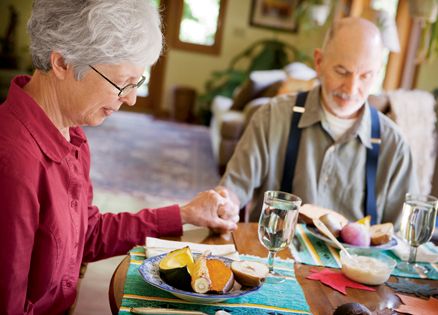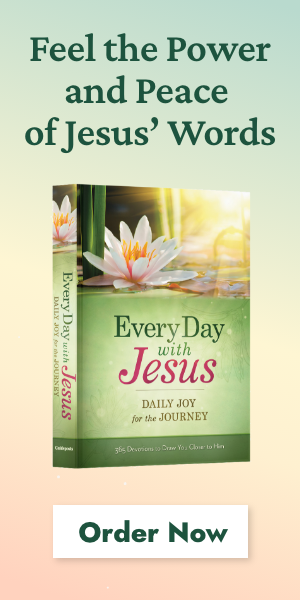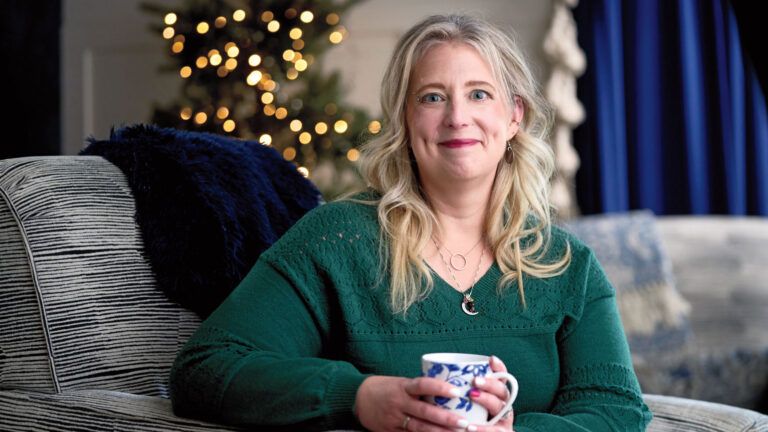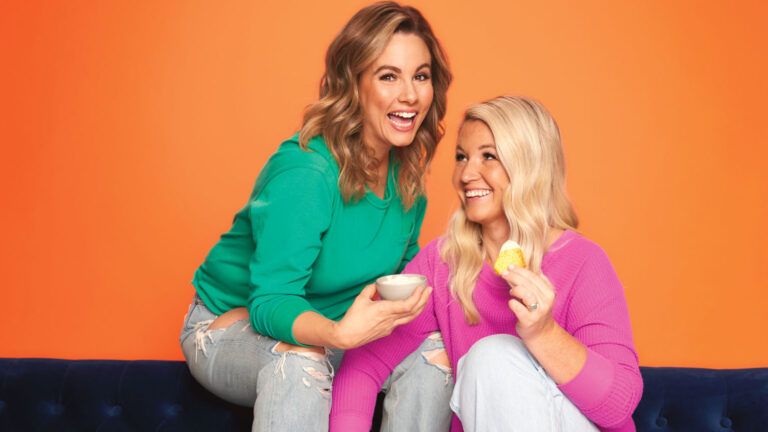Homesteading, sustainable living, going off the grid. You wouldn’t expect a couple of gray-haired Quakers to be way ahead of the trends, would you?
That’s all right, my husband, Kim, and I—the aforementioned Quaker couple—didn’t expect it either. We also never expected our little ecological and economic exercise to become a spiritual practice, indeed a whole new way of life.
When we started simplifying and scaling back in the mid-nineties, we were just trying to live more lightly on the earth and to have more time for each other.
Kim and I married in 1994. We had a lot in common. We were both in our forties and well established in our careers. He was a computer systems consultant for several large corporations. I was a physical therapist.
We’d grown up in big cities—me in New York, Kim in Chicago. We loved bicycling and the outdoors.
Most important, our beliefs were in sync. I’d joined a Quaker meeting in my twenties, Kim more recently, both of us drawn to the faith’s principles, or testimonies as we Quakers call them, of simplicity and integrity and caring for the earth.
Simplicity is about putting God first and setting aside anything that gets in the way of a life centered in him. Integrity means living a life where your outward actions match your inward self.
As committed as we were to our faith and to each other, we struggled with these principles. It’s hard in today’s world not to get caught up in the culture of consumption.
When we combined households and settled into Kim’s comfortable home near Chicago, we had two—or more—of everything, from cars to coffeemakers. We’d been blessed with a bountiful life, I thought.
But I had to put in longer and longer hours to keep up with that lifestyle. Kim, too. I found myself coming home from work feeling drained, not only physically but also spiritually.
One night I sank down at the table across from Kim and looked around our kitchen. Counters lined with fancy appliances. Cabinets filled with pots and pans. So many things. Most of which we didn’t really need.
“We have plenty,” I said to Kim. “But is this what we really want? We’ve been working so much that I feel like we’ve lost touch with what brought us together in the first place.”
Relief dawned on Kim’s face. “You know, I’ve been thinking the very same thing,” he said. “My work doesn’t fulfill me anymore. It takes me away from you and it just…deadens the spirit somehow.”
As a physical therapist, I could see how I helped people. Kim, with his big corporate clients, didn’t have that satisfaction. “We’ve talked about living more simply, more lightly, on the earth,” I said. “Maybe it’s time to try it.”
We started by giving things away. Three truckloads got carted off to the Salvation Army. But that was just stuff we didn’t use or need anyway. It didn’t have much impact on our daily lives. So we took bigger steps.
We went from two cars to one. We put up a clothesline. Instead of going out to dinner, we cooked more. We gave up meat and planted a vegetable garden.
We revived old-school skills like baking our own bread and making our own yogurt and wine. I cut Kim’s hair and even taught him to cut mine in the short style I like.
We were spending and consuming less, but we yearned for greater, deeper change. What if we completely committed to a simpler, earth-friendly lifestyle? Could we move somewhere where we could have no electric or water bill and grow most of our own food?
We researched solar technology. We would have to live where the weather is milder and the growing season longer— with a southern exposure for a garden and solar home. A rural area, where land was available and simpler. Near a stream that could supply our water.
The biggest question: Could we reduce our expenses enough that we’d be able to retire at age 50 and survive on our savings?
Kim and I crunched the numbers. “If we can manage on less than half of what we do now,” Kim said, “we can swing it.”
Cutting our expenses by more than half was drastic. My mind went back to the Quaker principles of simplicity, integrity, caring for the earth. I looked at Kim. Didn’t I fall in love with him because we shared a dream of living a life based on our beliefs?
“We can do it,” I said. “We need to.”
Together we developed a budget that met our needs and even provided for a few extras. We put our house on the market and bought a plot of land in the mountains of western North Carolina, 25 miles from Asheville.
There was a good quality spring to provide water for drinking, cooking, bathing, laundry and gardening. We built a small passive solar home—with windows, walls and floors designed to collect heat from the sun in winter and block it in summer— and installed a solar water collector and photovoltaic panels on the roof.
The land was farmable but somewhat depleted—tobacco had been grown on it previously. We composted and brought in organic materials to further enrich the soil. Our first planting was green cover, mainly peas.
Over time our garden has grown to include asparagus, rhubarb, root vegetables, even winter wheat. We’ve added berry bushes and fruit trees. We propagate shiitake mushrooms on logs from our woods.
We built a little unheated greenhouse to extend the growing season through winter. We keep crops in a cool storeroom and do a lot of canning and drying of fruits and vegetables. We share seeds and bumper crops with neighbors and carpool with them.
We even organized a community food co-op to buy what we can’t grow.
We’ve homesteaded here in the mountains for 15 years, living sustainably on far less than we used to. The biggest surprise is that our lives have become richer in all respects. Kim and I still work much of the time but it’s work that is satisfying to the soul.
Tending our garden, digging up potatoes and turnips and parsnips, picking pears, cooking our dinner—we do it all together, and that connects us through the entire day.
Our spiritual life has deepened too. Living the way we do has made us much more mindful of the sun, the rain, the spring water, the earth and all that God provides. And much more grateful.
One Saturday evening our first year here Kim and I were relaxing after a long day of harvesting when he looked at me and said, “There’s one more change I’d like to make to our lives.”
He went to a drawer, fetched a candle and set it in a holder on the kitchen table. “I’d like to keep the Sabbath.”
What a lovely idea. Kim lit the candle, and I slipped my arm through his. As the sun went down, we silently prayed. I gazed out our back window at the garden, the clear spring, the woods.
God, this is truly a beautiful and bountiful life. Thank you. My spirit has been filled with gratitude every Sabbath— indeed every day—since.
Try Susan's recipe for Roasted Vegetables with Garlic Sauce.
Download your FREE ebook, Paths to Happiness: 7 Real Life Stories of Personal Growth, Self-Improvement and Positive Change.





